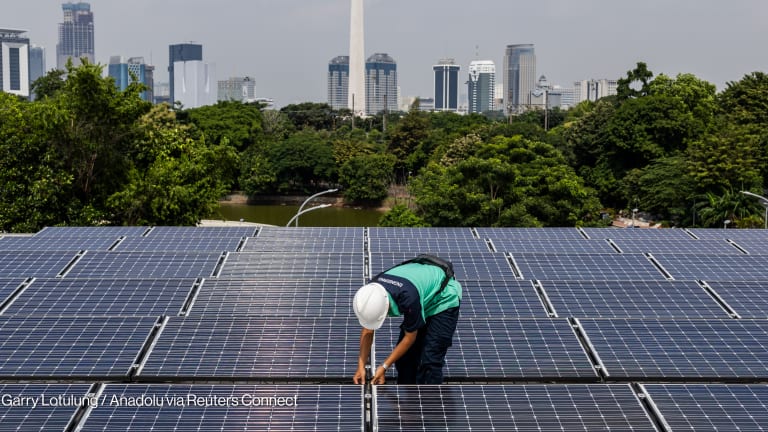Climate change mitigation has become a larger part of the International Finance Corp.’s portfolio, but it is also a priority for the private sector and, increasingly, institutional investors.
The private sector’s perspective on the international development agenda on the eve of the first of three high-level summits this year related to the post-2015 sustainable development goals is different, according to the IFC.
The private sector is expected to play a prominent role in the implementation of the new development agenda, whether through financial assistance, technological innovations or investments that are in partnership with public entities. The business community is ready to embrace that role and appears more willing to shape the agenda than at any point in the past, according to Christian Grossmann, the IFC’s director for climate change.








